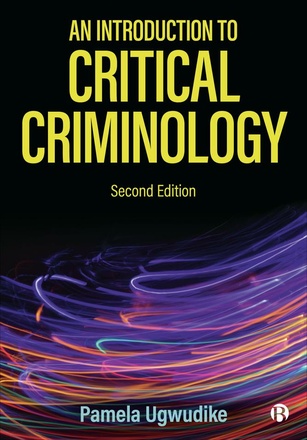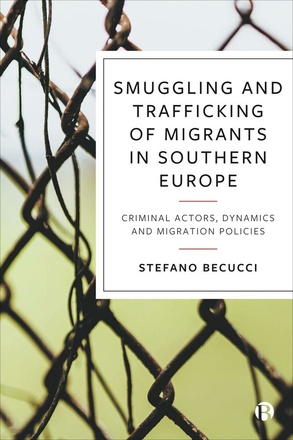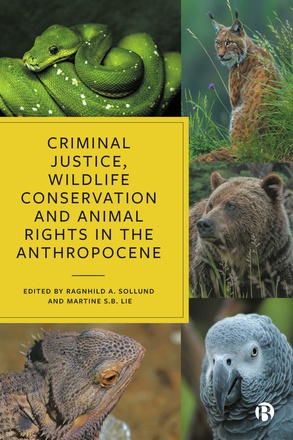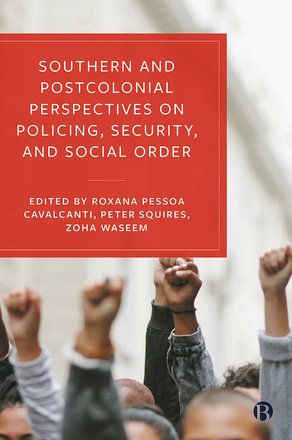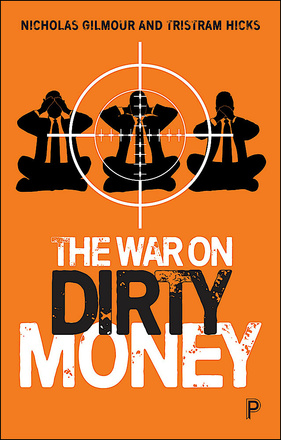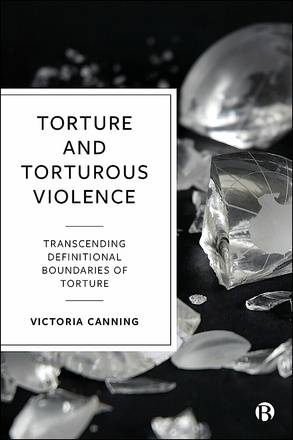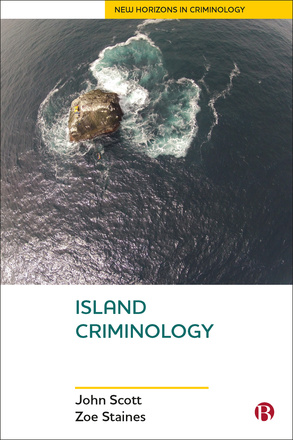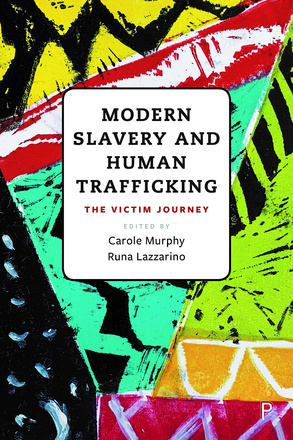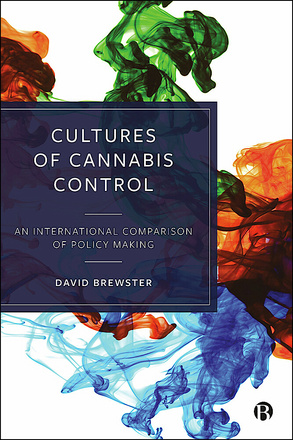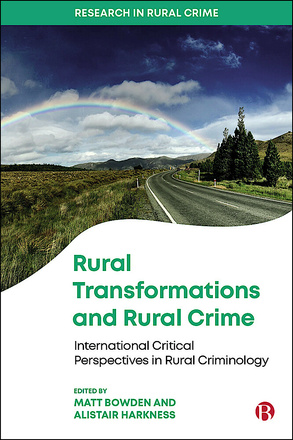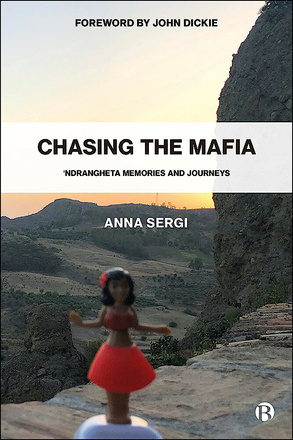Global and Transnational Crime
An Introduction To Critical Criminology
The second edition of this popular textbook introduces students to key critical criminology concepts and new developments in the field.
Accessibly written, it offers an in-depth introduction to contemporary theories, including those that challenge mainstream theories about the causes of crime and the operation of the criminal justice system.
Crimes of the Powerful and the Contemporary Condition
The Democratic Republic of Capitalism
The ultimate expression of power is the ability to act beyond the confines of law. Illuminating the condition of ‘panoramic power’, this book offers new thinking on damaging structures of power and privilege – and the political activities needed to achieve intervention and change.
Smuggling and Trafficking of Migrants in Southern Europe
Criminal Actors, Dynamics and Migration Policies
This book focuses on migrant smuggling and trafficking in Italy, Spain and Greece, tackling key issues such as the role of criminals and the economic factors that expose migrants to exploitation upon arrival.
Criminal Justice, Wildlife Conservation and Animal Rights in the Anthropocene
This book addresses one of today’s most urgent issues: the loss of wildlife and habitat. Combining conservation studies with a focus on animal rights, the chapters explore the successes and failures of the international treaties CITES and the BERN Convention.
Southern and Postcolonial Perspectives on Policing, Security and Social Order
Postcolonial legacies continue to impact upon the Global South and this edited collection explores their influence on systems of policing and social ordering. Expanding the Southern Criminology agenda, the book critically examines social and environmental harms, violence and war crimes, human rights abuses and the criminalisation of protest.
The War on Dirty Money
Billions of dollars are wasted each year trying to prevent ‘dirty money’ entering a financial system that is already awash with it. This book challenges the existing global approach and provides a toolbox of evidence-based solutions to help the frontline tackle financial crime.
Torture and Torturous Violence
Transcending Definitions of Torture
With growing acknowledgement that torture is too narrowly defined in law, this book offers a nuanced reflection on the definition of torturous violence and its implications for survivors. Drawing on a decade of research with psychologists and women seeking asylum, Canning sets out the implications of social silencing of torture.
Island Criminology
Ten percent of the world’s population lives on islands, but until now the place and space characteristics of islands in criminological theory have not been deeply considered. This book addresses issues of how, and by whom, crime is defined in island settings, informed by the distinctive social structures of their communities.
Modern Slavery and Human Trafficking
The Victim Journey
This book traces the journey of victims/survivors of modern slavery and human trafficking into and within the UK, from recruitment to representation to (re)integration. It offers crucial suggestions for better public awareness, policies and practices that will impact interventions in the UK and beyond.
Cultures of Cannabis Control
An International Comparison of Policy Making
The governance of illegal drug use is often subject to polarized debate, with political preferences seemingly driven by the need to appeal to populist fears. Based upon research with ‘elite’ insiders, David Brewster explores global cannabis policy approaches and offers future directions for policy making and comparative criminology.
Rural Transformations and Rural Crime
International Critical Perspectives in Rural Criminology
In this first book in the Research in Rural Crime series, experts in rural criminology draw from theories of modernity, feminism, climate change, left realism and globalisation in a thought-provoking collection of essays.
Chasing the Mafia
'Ndrangheta, Memories and Journeys
The ‘ndrangheta is one of wealthiest and most powerful criminal organizations today. Combining autobiography, travel ethnography, memoir, and investigative journalism, this book provides a global outlook on the ‘ndrangheta, taking the reader to small villages and locations in Italy and in different countries around the world.







